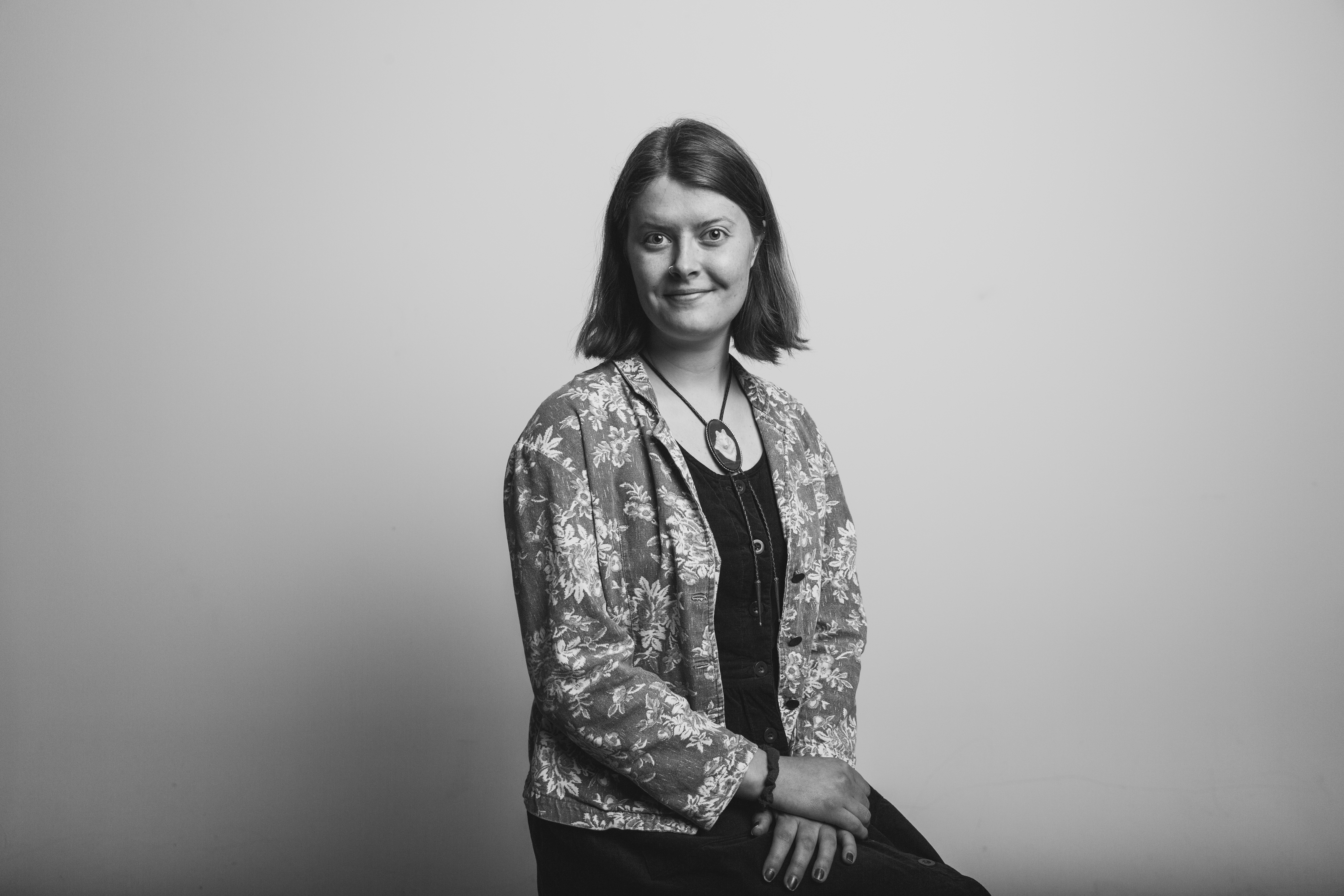Senior majoring in business and sustainability with a minor in entrepreneurship and innovation. Now in her fourth year as the Zero Waste coordinator in Western’s Office of Sustainability, Larned’s monthly landfill trash collection could fit inside a pasta sauce jar.
If she can’t reuse or recycle the package, Larned doesn’t buy it. That means she’s learned how to make her own toothpaste and deodorant, she’s given up candy bars and potato chips, and she buys food and shampoo in bulk. All because there’s no such thing as throwing something “away,” she says.
“We create single-use products made from plastic, a product that will last forever, that so often get used just long enough for us to finish a drink or meal,” Larned says. “Yet studies show that by 2050 there could be more plastic in the oceans than fish.”
Meanwhile, the richest 17 percent of the world’s population consumes 80 percent of the world’s resources. “The largest contributor to human-caused climate change is our consumption patterns, not over-population,” she says. “This means that wealth is the most likely driver of an individual’s environmental footprint.”
Meanwhile, landfills are more often located in communities of color, she says, further exploiting marginalized groups.
Larned and her roommate are spending the month of July on the road on a “Zero –Waste Roadtrip” to learn about other people who send as little as possible to the landfill. Her roommate, Carrin Romain-McErlane, is a film studies major at Western, and the two plan to produce a web documentary to share what they learn.
Larned, who blogs as “Trashy Radical,” points out that it’s relatively easy to live a zero-waste lifestyle in Bellingham, particularly on Western’s campus, where composting is widely available, and many local businesses follow a zero-waste philosophy. She’s also noticed that most of her fellow zero-waste bloggers, like her, are white, middle-class and relatively privileged -- much like most environmental activists in general. She’s working on building a more inclusive itinerary, seeking out zero-wasters who are people of color, or low-income, or live in a rural area without access to recycling.
Larned hopes sharing their stories will inspire more people to take even small steps to reduce their trash.
How you can help: Larned and Romain-McErlane will hit the road in July. Follow them at @ZeroWasteRoadTrip on Facebook or Instagram or at wp.wwu.edu/zwroadtrip.
